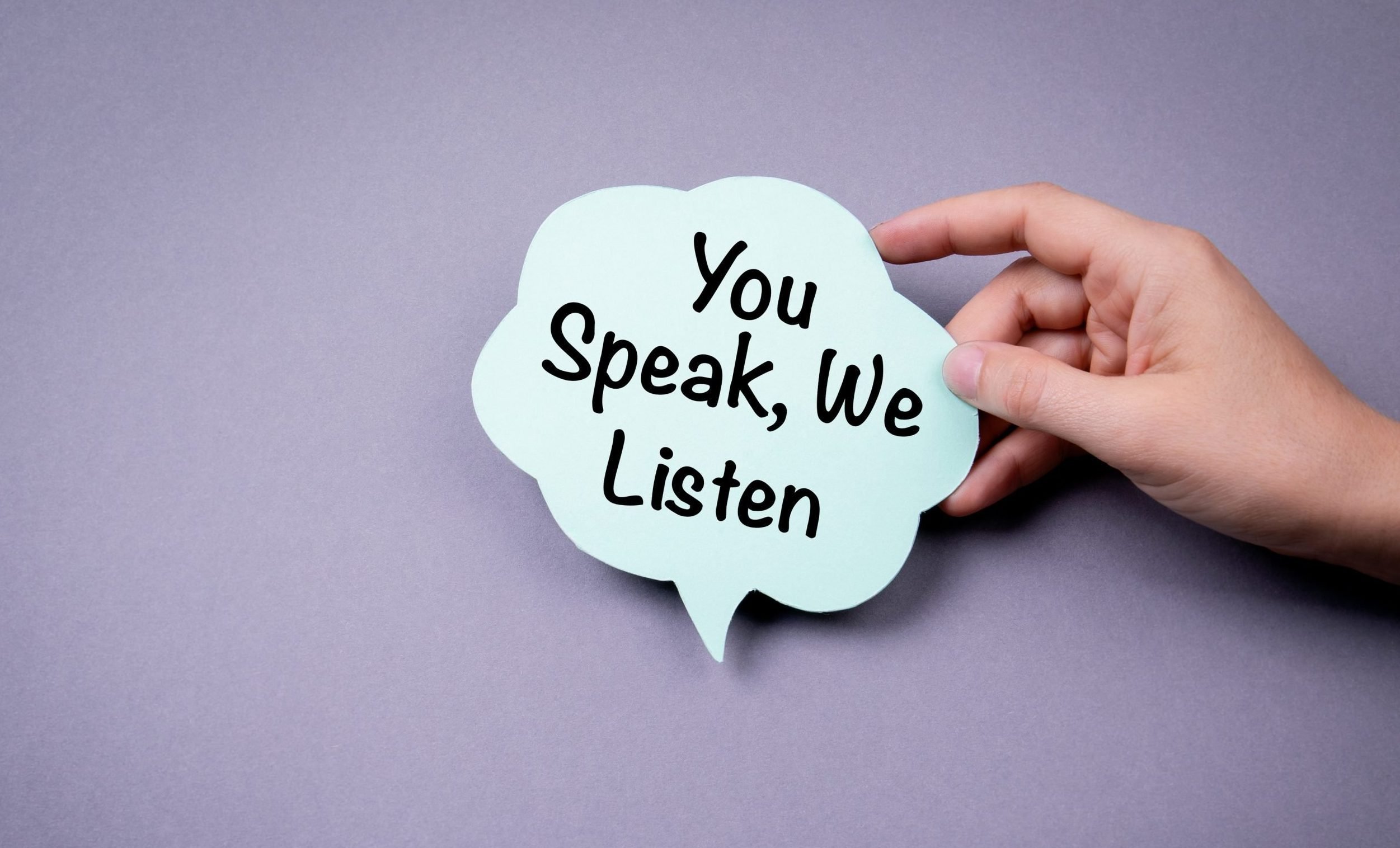Deciding to become menopause friendly is one thing. But how do you get the initiative off the ground, embed it into the entire organisation and turn it into everyday practice within your workplace?
According to Sue Fish, former Chief Constable of Nottinghamshire Police, getting senior leaders on board is a critical part of your transformation.
Sue introduced a menopause policy and practices into her force in 2017. They were the first police force in the UK to do so.
“The starting point for me was listening to female colleagues who talked about their experience, not just with symptoms, but how they were treated in the workplace. They were ashamed, embarrassed, not taken seriously, and felt undermined when they tried to address any sort of reasonable adjustment,” says Sue, who now works as a leadership coach, speaker and consultant. “From here, we surveyed both men and women and asked them what they knew, what the issues were and what was needed.
“We were pretty stunned but not that surprised with the response. As a result, we decided to run awareness seminars for men and women, and to develop a policy and practice around how we could make sure we made the right sort of reasonable adjustments for women. It was all about raising awareness so people could understand what might be happening to them personally, or to a partner or colleague. This could then enable them to be a better colleague, manager, partner or friend.”
The response to the initiative was predominantly positive, with Sue describing it as a ‘letting go’ for some women, who felt they could now talk about what was happening to them. That they would be understood, believed, not ridiculed, and that something would happen as a result of their disclosure made a big difference.
Interestingly, a number of men also said they’d found it immensely helpful and could now have better conversations with members of their team, or their wife or partner.
“That feedback was a sheer joy,” says Sue. “We did meet with some resistance at first, from people who wondered why we were doing this. But what was great is that they were quickly won over, by seeing a benefit for everyone, both in the workplace and in their private lives. That for me was a lovely reflection back from my organisation.”
Where does leadership come in?
“For me, leadership is absolutely critical,” continues Sue. “By this I mean all aspects of leadership, but senior leaders play a significant role in making change happen and moving organisations forward to lift their values. This is particularly the case in terms of inclusive initiatives.
“Strong leadership is so fundamental in terms of an organisation’s journey to becoming a menopause friendly organisation. It’s the mark of an organisation when the importance of understanding menopause is there throughout the entire organisation. It’s about embedding it fully in your business culture, and the process being driven, directed and championed by senior leaders.
“It’s critical for cultural change and it’s critical to make menopause be understood and supported in the workplace.”
Sue’s experience was that, by involving every member of her organisation, she created new thinking about the importance of menopause support. This has led her to believe, emphatically, that menopause education is for everyone – not just menopausal women.
“Some of the initial resistance we faced came from younger women, or men, who just felt the issue didn’t affect them,” she says. “There is so little education about menopause – it’s not taught in schools – that many women didn’t even know menopause can happen when they’re younger.
“We had so much positive feedback after the events, with men telling us they felt they could be better managers and partners, and women telling us they felt listened to and supported. My advice to organisations is don’t fall into the trap of thinking menopause is a ‘women’s issue’ and don’t be put off if you get some resistance at first.”
As one of the early champions of menopause in the workplace support, what advice would Sue give to anyone looking to become menopause friendly?
“You have to do it. You have to listen and maybe hear uncomfortable truths. Understand the consequences of not being responsive to broader thinking and being more inclusive. No workforce is completely male or female. It’s really important to make sure that we not only espouse inclusive policy, but bring such policies to life. There’s a clear business case for this in terms of improved absence rates, reduced recruitment costs, and less risk of legal implications such as tribunals.
“Be tenacious. The results we saw from bringing in a menopause in the workplace policy and surrounding supportive measures were quite astonishing.”



Comments are closed